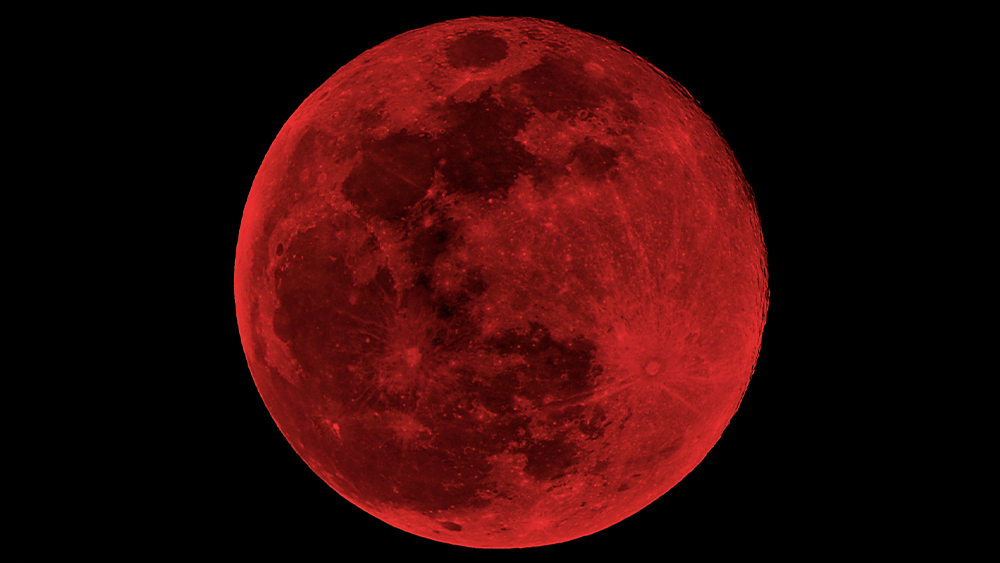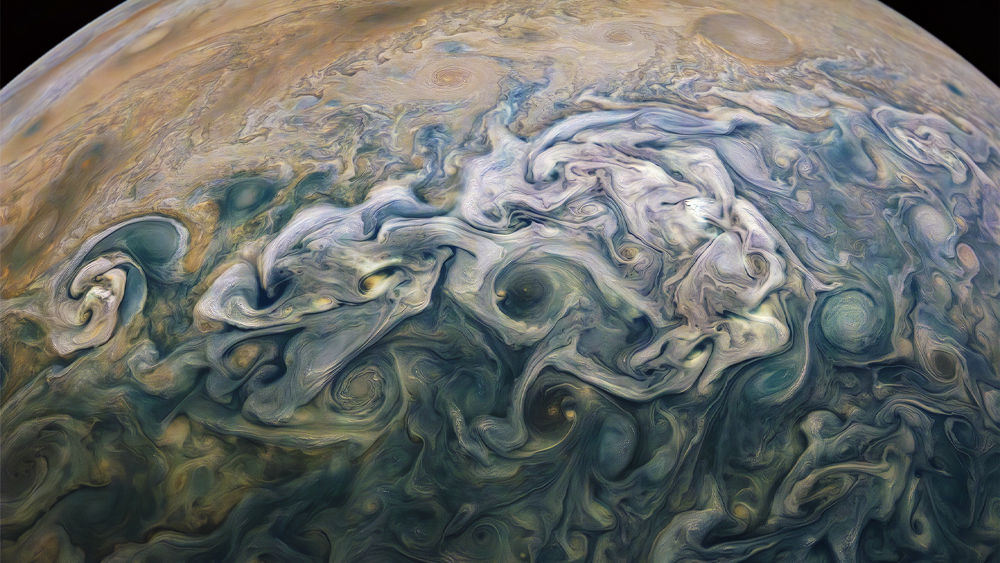
How Did Earth Get Its Water?
Earth’s oceans contain 321 million cubic miles (1.335 billion cubic kilometers) of water. The moon causes ebb and flow of tides twice in a 24-hour period, while the wind, density variations, and tides contribute to the massive ocean currents. These currents prevent oceanic stagnation and help circulate vital moisture and heat around the globe. But where did all this water come from?

Was Life Detected on a Distant Planet?
There was celebration, albeit briefly, for the discovery of potential life on a planet called K2-18b, which is 124 lightyears away from Earth.
The James Webb Space Telescope (JWST) picked up light from a small red sun as it passed through the atmosphere of this planet. BBC reported an analysis of the findings at Cambridge University’s Institute of Astronomy.

''Blood Worm Moon'' Total Lunar Eclipse 2025
Barring cloud cover, about 75% of the country saw the total lunar eclipse, aka the “Blood Worm Moon.” Texas had good weather conditions for last night’s display, as did the lower Great Lakes, Ohio Valley, and a portion of the Central Plains.

Stars Defy Big Bang
Recent measurements by astronomers at the University of Cologne (Germany) and Masaryk University (Brno, or the Czech Republic) have shown that a fast-moving star orbits the heart of our Milky Way galaxy in just four years.1,2 Teasing out this information was an impressive technical feat that required nearly twenty years’ worth of data.











